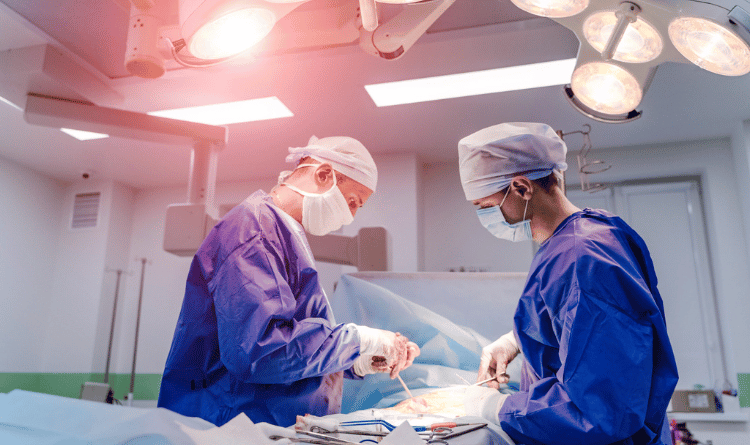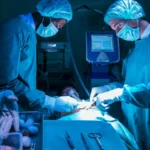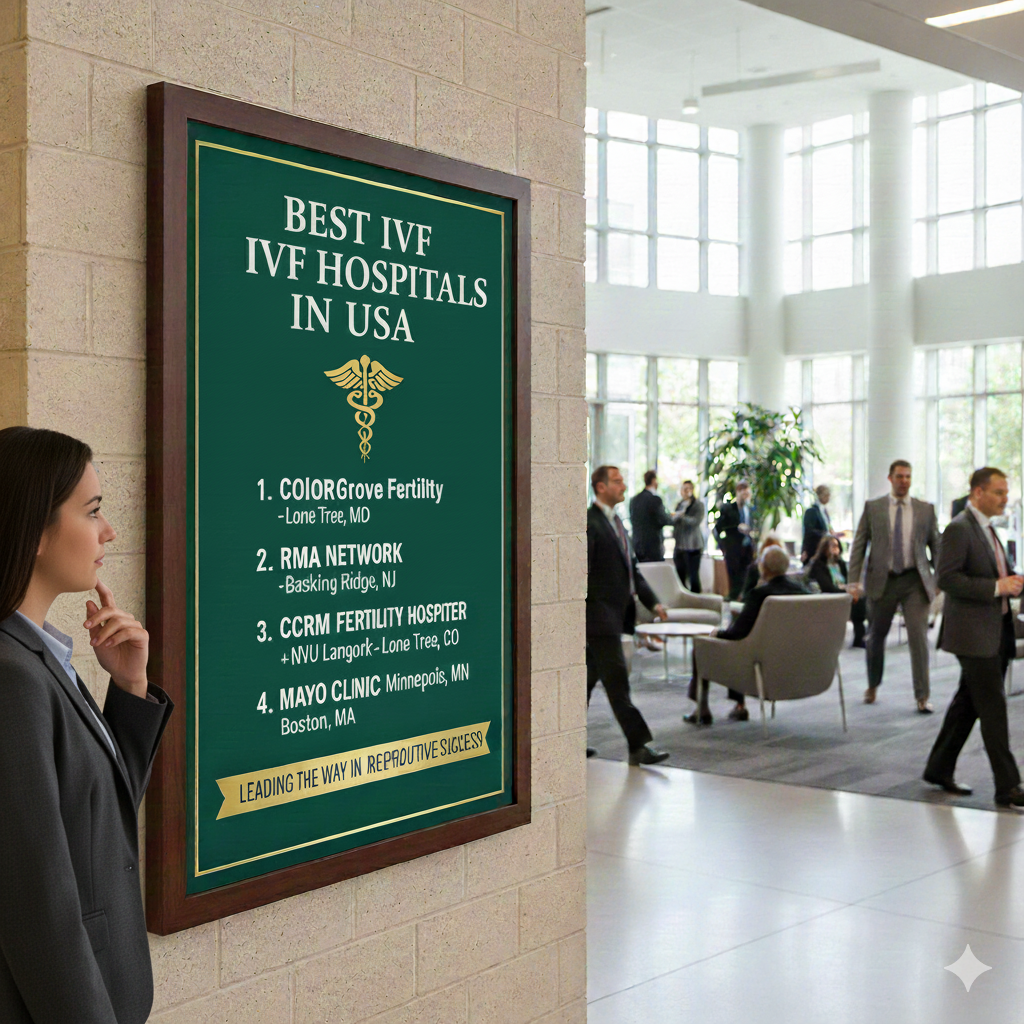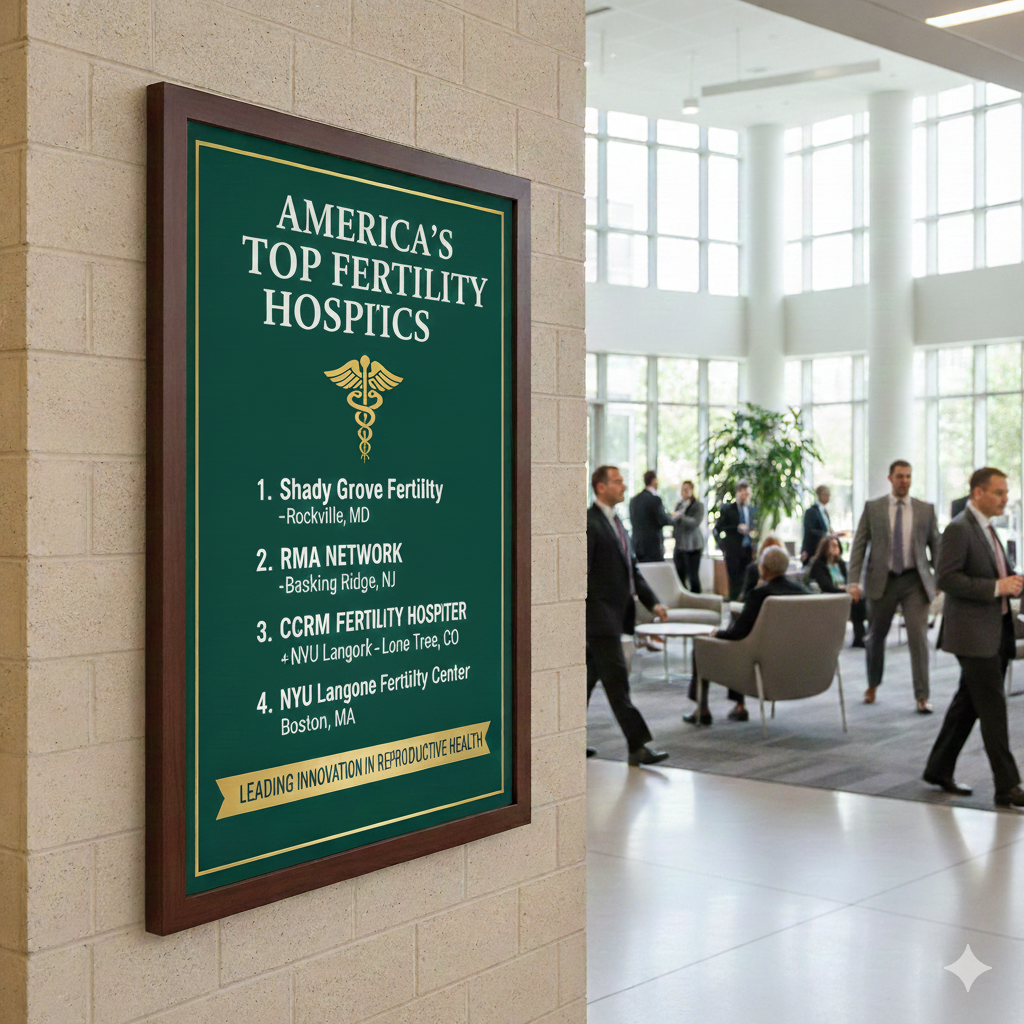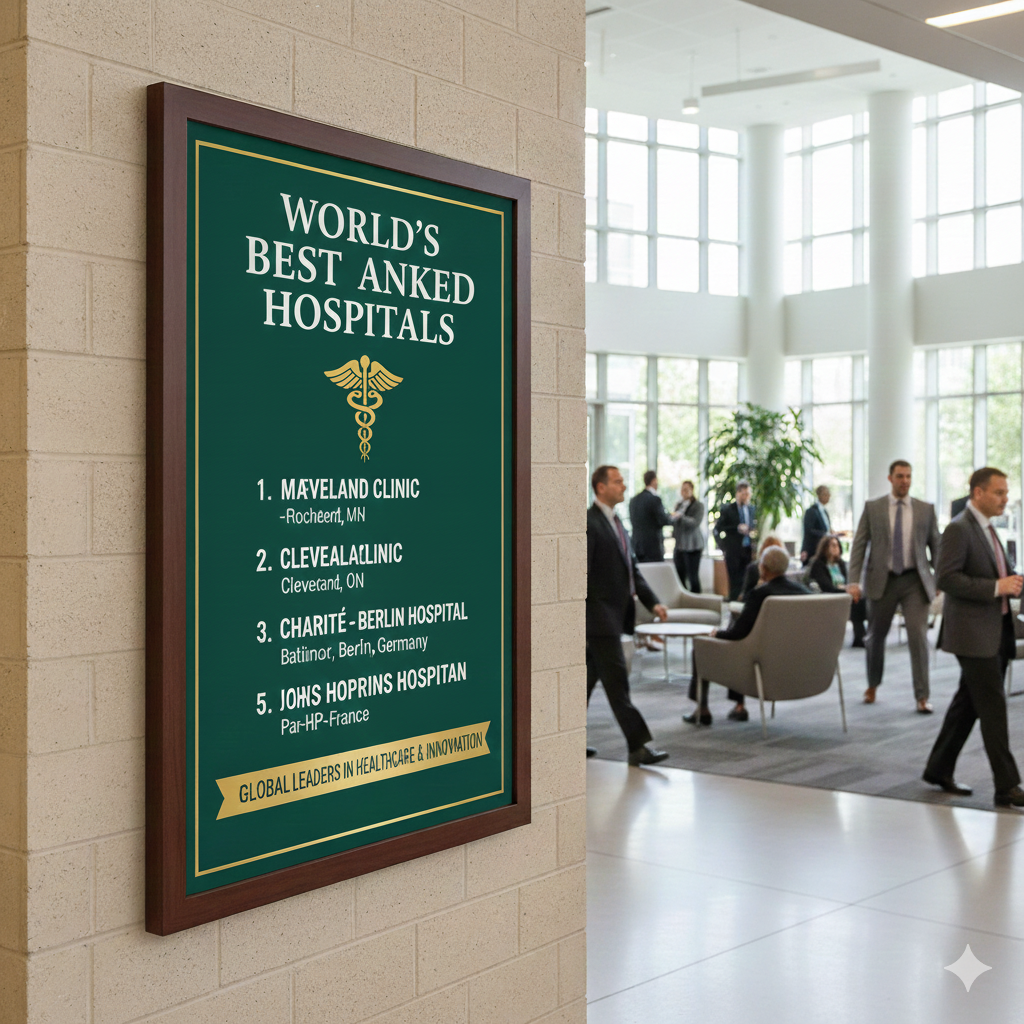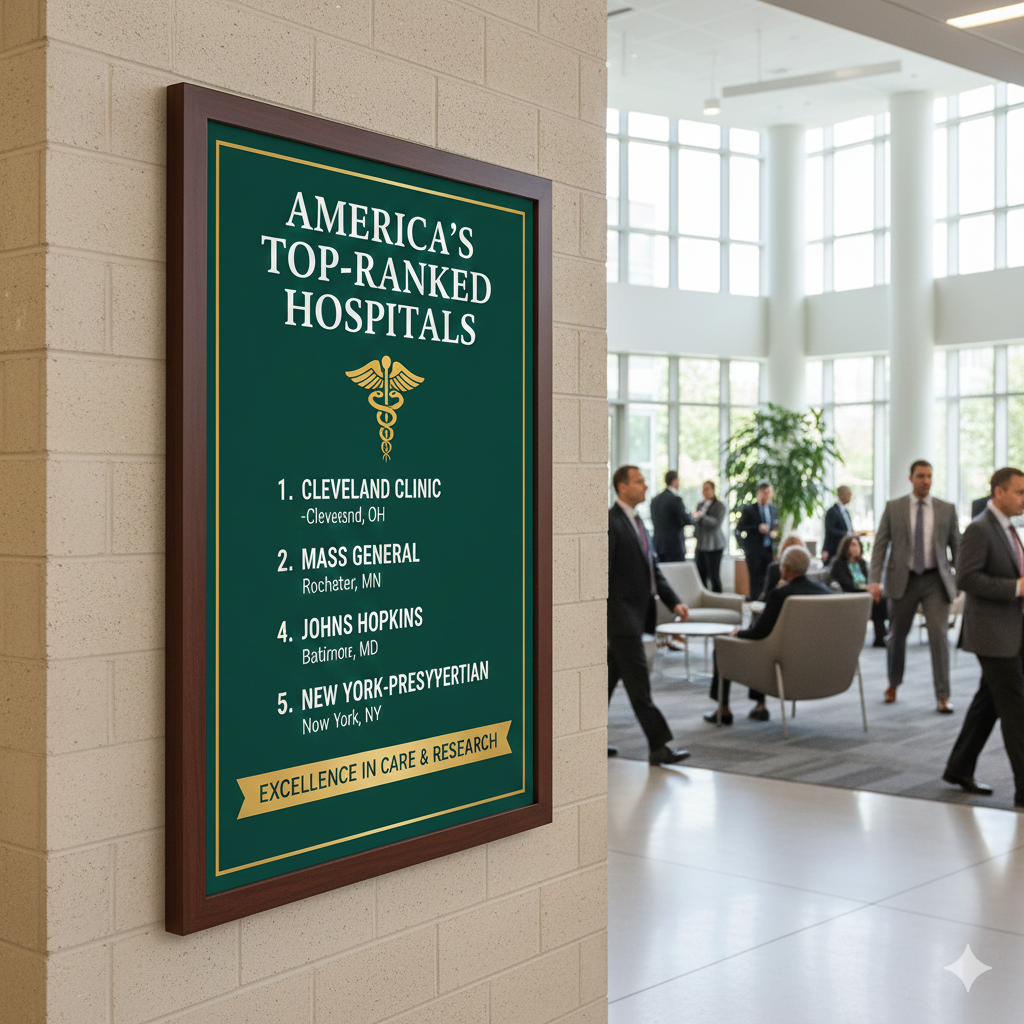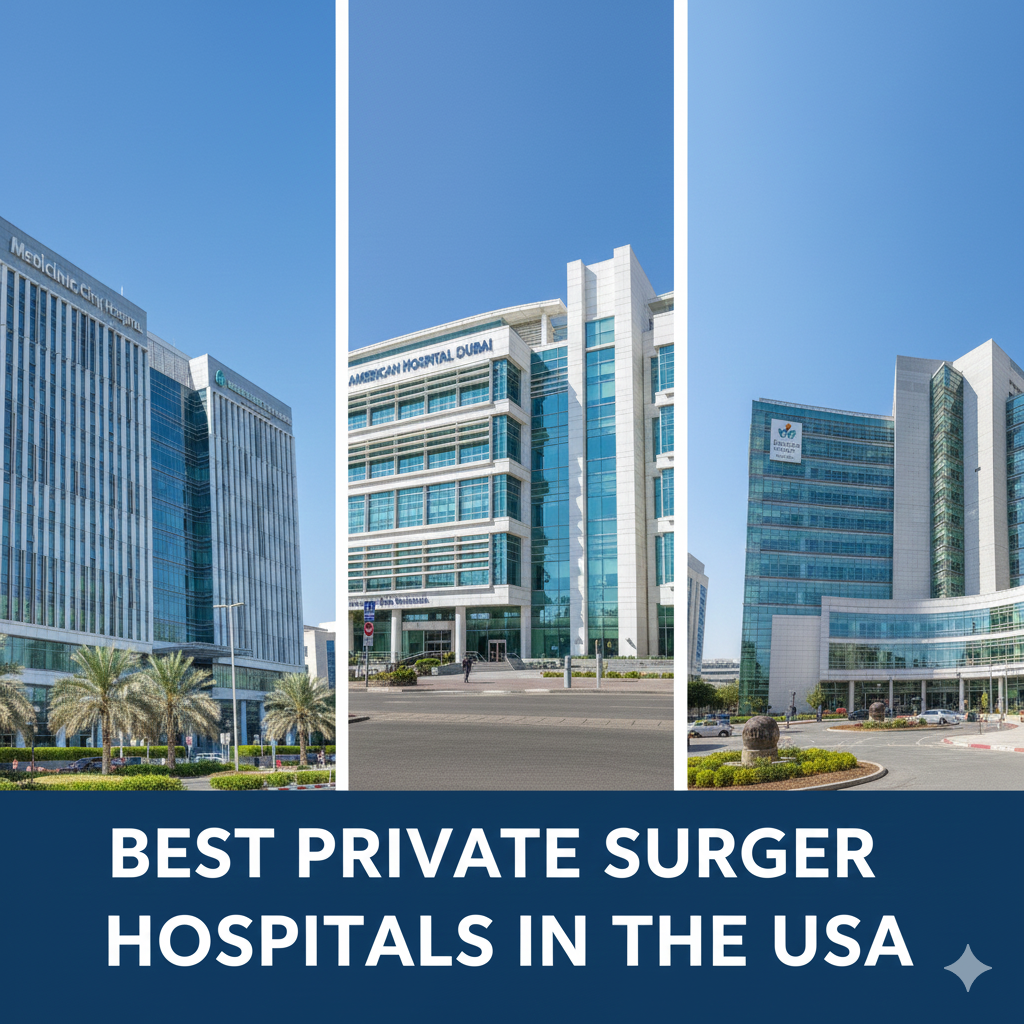Heart disease remains one of the leading causes of death in the United States, making quality cardiac care more important than ever. From advanced surgeries to minimally invasive procedures, the demand for expert cardiologists and specialized hospitals is rapidly increasing. If you or your loved one is facing a heart-related condition, choosing the right hospital can make a huge difference.
In this article, we will explore the best cardiology hospitals in the USA, discuss what makes them exceptional, and provide key insights to help you make an informed decision.
Why Choose a Specialized Cardiology Hospital?
Not every hospital is equipped to handle complex cardiovascular diseases. A specialized cardiology hospital provides:
Expert Cardiologists and Surgeons – Doctors with years of experience in treating heart disease.
Advanced Technology – Modern diagnostic and surgical tools for accurate and efficient treatment.
Comprehensive Care – From preventive screenings to post-surgery rehabilitation.
Higher Success Rates – Leading hospitals have higher survival and recovery rates in complex procedures.
Top 10 Best Cardiology Hospitals in the USA
1. Cleveland Clinic, Cleveland, Ohio
Widely regarded as the No.1 heart hospital in the USA, the Cleveland Clinic has been ranked at the top for cardiology and heart surgery for decades. With highly skilled cardiologists and cutting-edge technology, it offers specialized treatments for heart failure, valve diseases, transplants, and minimally invasive procedures.
2. Mayo Clinic, Rochester, Minnesota
Mayo Clinic is world-famous for its patient-centered approach. Its cardiology department is known for innovation in treating arrhythmias, heart transplants, and complex coronary diseases. The hospital also focuses on preventive cardiology and long-term patient care.
3. Cedars-Sinai Medical Center, Los Angeles, California
Cedars-Sinai has one of the busiest heart programs in the USA. It specializes in heart transplants, robotic heart surgeries, and advanced cardiovascular research. Their team has performed thousands of successful cardiac operations, making it a trusted destination for heart care.
4. NewYork-Presbyterian Hospital-Columbia and Cornell, New York
Known for its excellence in cardiac surgery and pediatric cardiology, NewYork-Presbyterian is a top choice for patients with complex heart conditions. Their collaboration with Columbia University and Weill Cornell ensures access to groundbreaking research.
5. Mount Sinai Hospital, New York City
Mount Sinai is particularly known for treating coronary artery disease and performing minimally invasive heart surgeries. It has some of the top-ranked interventional cardiologists in the world.
6. Massachusetts General Hospital, Boston, Massachusetts
Affiliated with Harvard Medical School, Massachusetts General provides top-tier cardiac research and treatment. It specializes in advanced imaging, electrophysiology, and cardiac intensive care.
7. UCSF Medical Center, San Francisco, California
The University of California, San Francisco Medical Center has a strong cardiology program, especially in treating congenital heart disease, heart rhythm disorders, and cardiac rehabilitation.
8. Stanford Health Care-Stanford Hospital, Stanford, California
Stanford Health Care is a leader in innovative cardiac treatments and surgeries, including minimally invasive valve replacements and cardiac transplants. It is also heavily involved in developing next-generation heart care technologies.
9. Houston Methodist Hospital, Houston, Texas
Houston Methodist is renowned for cardiovascular surgery and cardiology research. It provides specialized programs for advanced heart failure, coronary artery disease, and structural heart problems.
10. Northwestern Memorial Hospital, Chicago, Illinois
This hospital is known for its advanced heart imaging, catheter-based procedures, and top cardiology specialists. It offers comprehensive heart care and preventive cardiology programs.
How to Choose the Best Cardiology Hospital for You
When deciding on a hospital for cardiac care, consider these factors:
Specialization – Choose a hospital known for the specific heart condition you are dealing with (e.g., arrhythmia, valve disease, bypass surgery).
Success Rates – Research survival rates and outcomes of similar procedures.
Experienced Cardiologists – The reputation and expertise of doctors matter greatly.
Advanced Facilities – Check if the hospital uses modern equipment like robotic surgery, ECMO, or 3D imaging.
Patient Care and Support – Post-treatment rehabilitation and long-term care options are equally important.
Cost of Cardiac Treatment in the USA
Cardiac treatments can be very expensive in the United States. For example:
Angioplasty: $20,000 – $40,000
Heart Bypass Surgery: $70,000 – $200,000
Heart Transplant: $500,000+
This is why health insurance for hospital bills plays a crucial role. Most top cardiology hospitals accept major insurance plans, which can significantly reduce out-of-pocket expenses.
Future of Cardiology in the USA
Cardiology in the USA is advancing rapidly with:
Artificial Intelligence in Diagnostics – Faster and more accurate heart disease detection.
Minimally Invasive Surgeries – Faster recovery and lower risks.
Stem Cell Therapy – Potential future treatments for heart failure.
Wearable Technology – Smart devices for continuous heart monitoring.
Conclusion
The USA is home to some of the world’s most advanced and well-respected cardiology hospitals. Whether you are looking for preventive care, advanced surgery, or a second opinion, institutions like Cleveland Clinic, Mayo Clinic, Cedars-Sinai, and NewYork-Presbyterian provide world-class cardiac treatment.
Choosing the best cardiology hospital depends on your condition, budget, location, and insurance coverage. With the right hospital, you not only get expert treatment but also the peace of mind that your heart is in the safest hands.
In summary, when it comes to heart health, selecting one of the best cardiology hospitals in the USA can make all the difference between uncertainty and a healthy future.


